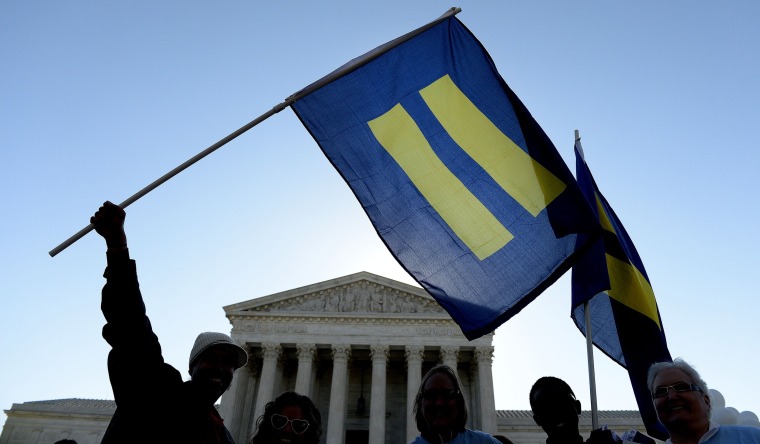A grad student who has been accused of faking data for a gay-marriage study that appeared in a top research journal says he's "gathering evidence" to respond to the uproar.
Michael LaCour's only comment on the allegations came on his Twitter account after his co-author requested a retraction of the study published in the journal Science, which claimed people's views on same-sex marriage could be changed by short one-on-one conversations.
The co-author, Donald Green of Columbia University, said he was tipped off to the irregularities in the findings by two Stanford researchers who were trying to replicate and expand on them.
"I am deeply embarrassed by this turn of events and apologize to the editors, reviewers and readers of Science." Green said in a letter to the journal.
He said that after the questions were raised, LaCour refused to turn over contact information for the survey respondents and claimed that the raw data had been accidentally deleted.
The journal Science said it was looking into the allegations. In the meantime, it published an "Editorial Expression of Concern" to alert readers to the fact that the paper might be bogus.
The study — which was picked up by many media outlets — claimed a 20-minute conversation with a gay canvasser produced a big change in attitudes toward same-sex marriage, and that the shift in thinking could last for nine months.
The Stanford researchers said that when they contacted the survey firm LaCour supposedly used, it knew nothing about the project and they discovered the staffer they thought had carried out the work didn't even exist.
Reached by email, LaCour replied with the same statement that was in his tweets.

